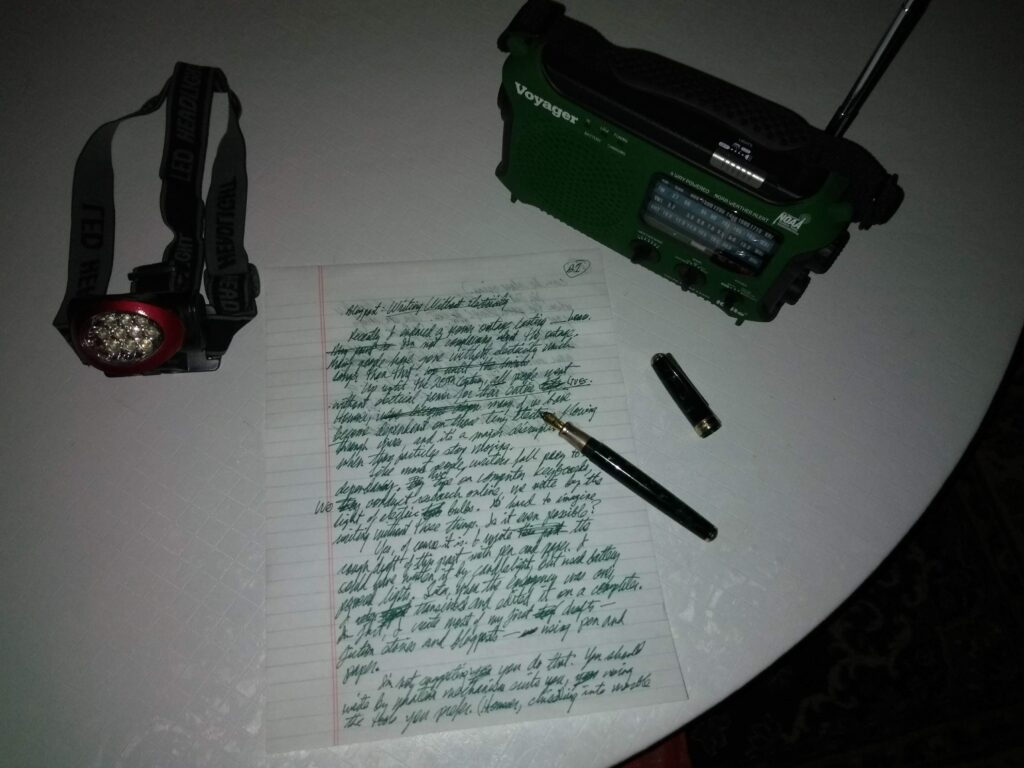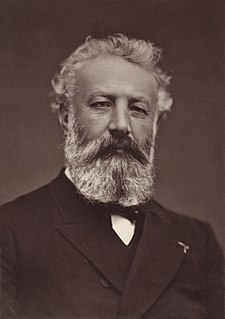Do you, or does someone you know, have a 1000-Idea Mind?
For years, I worked for a boss who had 1000 creative ideas a week. About 100 of them were good ideas. About 10 might be practical, given enough time and money. If I worked hard all week, I might make good progress on 1 of those ideas. Then a new week would roll around and my boss had 1000 new ideas.
Such people overflow with ideas. They come up with far more creative thoughts about tasks and projects than they could ever accomplish by themselves. In the working world, they tend to get promoted to positions of authority where they have employees to execute some of their plans.
But there are never enough employees, or hours in the week, or other resources, to come close to realizing more than a small fraction of the notions of a 1000-Idea Mind.
People with 1000-Idea Minds look at the world differently. They see things as they could become. They see possibilities, how the world would be better if this were moved there, or that had a hole in it, etc. That a task might be too complicated, or unprecedented, or need resources far beyond what’s available, that rarely bothers them. Those constraints are, at best, details to be worked out by others, or, at worst, excuses for avoiding work.
Visit the home of someone with a 1000-Idea Mind, and you’ll see it’s filled with partially-completed projects all strewn about in haphazard order. They’re big on starting, not on finishing.
Often such people don’t seem upset about the low accomplishment rate for their ideas. They believe other people exist for the purpose of implementing their notions, and they understand those people aren’t miracle workers. Those other people are doing the best they can with their limited minds, so one must learn to tolerate the low fruition rate.
I suspect 1000-Idea Minds are rare within the population, but I believe they’re valuable to society. Leonardo da Vinci probably had such a mind. He sketched a lot of inventions and left the actual construction to others. He knew all his notes needed to get organized, and he intended to do that someday, but never got around to it. That’s something he should have delegated.
Some writers have 1000-Idea Minds, and I feel sorry for them. Writers don’t have a staff of employees to turn their story ideas into finished prose, to submit them for publication, to assist with marketing. They work alone. A writer with such a mind gets 1000 story ideas a week, but finishes few stories, if any.
Perhaps you find it frustrating to work for a boss with a 1000-Idea Mind. Imagine how frustrating it must be to have such a mind. Still, the world is much better for having such people in it. I suspect every daring project ever undertaken in human history started out as an idea within a 1000-Idea Mind.
I salute people with 1000-Idea Minds. However, when you’re getting your next idea and you’re casting about for someone to do the actual work, don’t look at—
Poseidon’s Scribe






